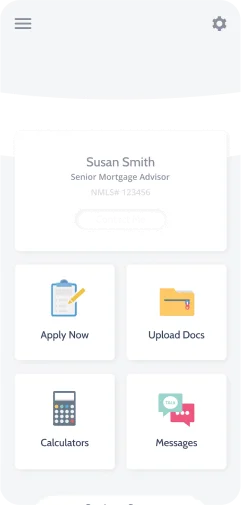What Our Customers Say
reviews
5.0
Jeff Hodowanic
1 month ago
Mike and his team were great to work with on our recent purchase. We were buying from out of state, which complicated things, but he walked us through every step of the process. We highly recommend Generate Mortgage and would most definitely work with Mike and his team again!
Read more
Jordan Barreto
1 month ago
Generate Mortgage made the refinance process incredibly smooth and stress-free. Michael was absolutely the best — he walked me through every step, found me the best rate, and made sure I understood all my options. I’ll always use him for any future loans and will happily refer him to anyone looking to refinance or purchase a home.
Read more
Michael Aissen
1 month ago
Mike and his team made a simple refi simple…. From document collection to closing his team really made the process smooth
Read more
N B
1 month ago
Very professional, helpful, honest, supportive, and resourceful, Michael and Generate Mortgage knock it out of the park every time! They have their clients' best interests at heart every moment of the process as they find the best products, offer multiple alternatives, provide guidance, assist with all of the tasks ahead of closing, and do everything possible to get their clients into the best possible mortgage with the most pleasant experience anywhere.
Read more


